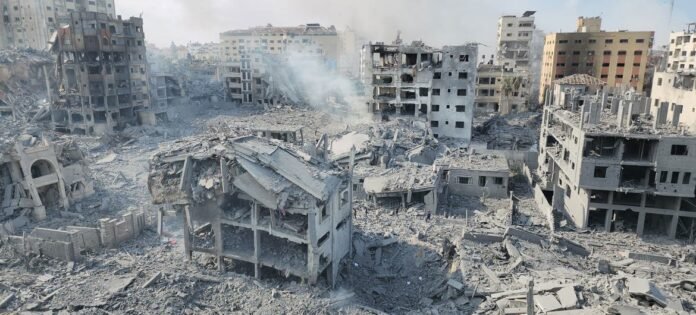The humanitarian situation in Gaza has reached a critical point, with the United Nations Relief and Works Agency for Palestine Refugees (UNRWA) sounding alarm bells over worsening sanitary conditions. Overcrowded shelters, a severe shortage of running water, and an escalating risk of disease are plunging Gaza’s 2.3 million residents into deeper crisis.
In a recent alert, UNRWA reported that shelters have become breeding grounds for insects and rodents after over 11 months of relentless conflict. The lack of essential hygiene products has left many families vulnerable to communicable diseases, exacerbating the public health emergency.
Pedro Arrojo-Agudo, Special Rapporteur on the human rights to safe drinking water and sanitation, condemned the situation, highlighting that access to clean water has been used as a weapon. Gazans now endure an average of 4.7 liters of water per person per day—far below the 15-liter minimum recommended by the World Health Organization (WHO) during emergencies. This severe water scarcity, compounded by pollution from seawater intrusion and blocked sewage treatment infrastructure, has heightened the risk of disease outbreaks.
The WHO further revealed that basic hygiene items, including soap and detergent, are either prohibitively expensive or completely unavailable in Gaza. This shortage disproportionately impacts vulnerable groups, including children, pregnant women, and those with compromised immune systems.
Human rights experts also report that civil society activists face unprecedented risks, with recent airstrikes and ground attacks severely damaging human rights organizations. The ongoing violence has claimed the lives of key human rights defenders, underscoring the dire need for international intervention and support to address the escalating humanitarian crisis in Gaza.
Image Credits: https://news.un.org/en/story/2023/10/1142382



